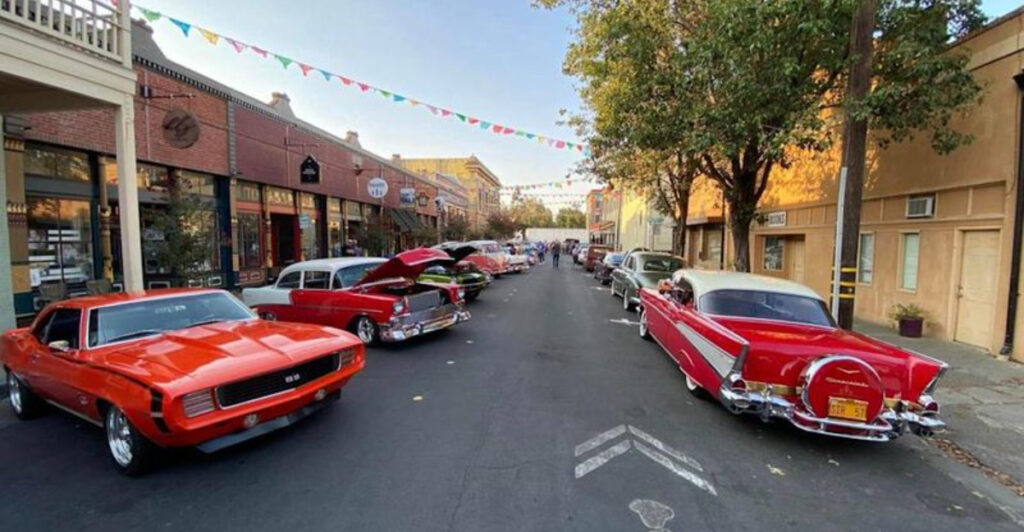Classic cars in the United States often face driving restrictions due to safety and emissions regulations. These restrictions can vary by state and vehicle model, leading to misconceptions about their legality. Here’s an overview of some classic cars that have faced such restrictions and the myths surrounding them.
1. Porsche 959

The Porsche 959, a triumph of 1980s engineering, dazzled with its cutting-edge technology but faced a roadblock in the U.S. Initially deemed illegal due to unmet safety and emissions standards, this supercar was inaccessible to American enthusiasts. Thanks to the “Show or Display” law, however, a limited number of 959s found their way stateside, permitting a modest 2,500 miles of annual driving.
Despite its rocky start, the 959 now enjoys a warmer reception, as vehicles over 25 years old are often exempt from import restrictions. This iconic model’s journey from banned to beloved underscores the evolving landscape of classic car legislation.
2. TVR Tuscan & Other Rare Imports
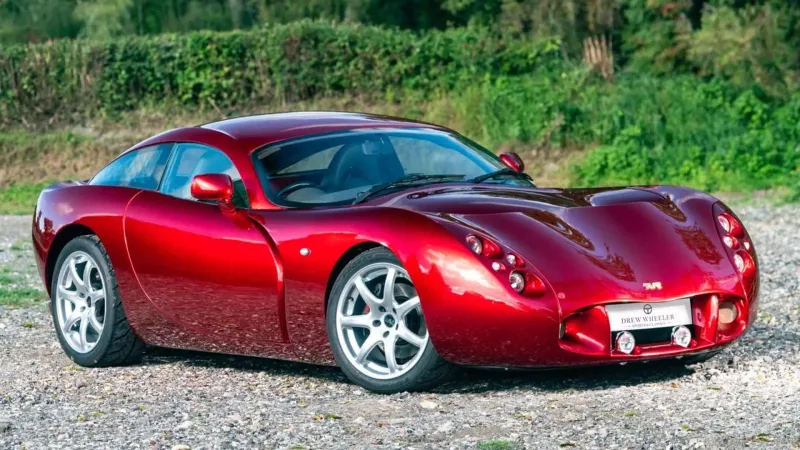
The TVR Tuscan, alongside other rare imports, presents a unique challenge for enthusiasts. These vehicles, including the Citroën 2CV Dolly and Lotus Elise Series 1, never conformed to U.S. safety standards, rendering them illegal without special exemptions.
Their allure, however, remains undeniable, as car aficionados seek out these unique models for their distinct charm and driving experience. The myth of their complete inaccessibility persists, yet enthusiasts find ways through legal loopholes to enjoy these gems on American roads.
3. Historic Registration Restrictions (e.g., Michigan)
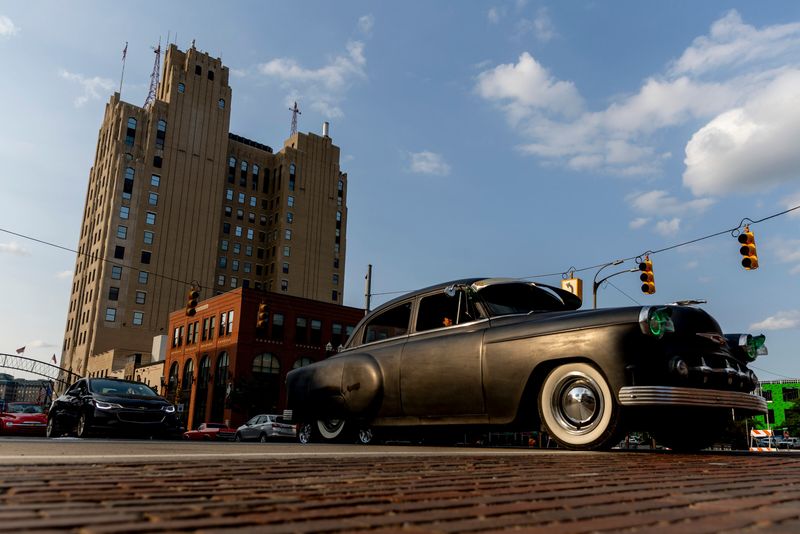
In Michigan, historic registration once tethered vintage car enthusiasts to strict guidelines. These vehicles, typically over 26 years old, were limited to parades, shows, and testing, not everyday driving. Such restrictions cast a shadow over owning a piece of automotive history.
Recent legislative changes have eased these rules, allowing more freedom for classic car owners to enjoy their prized possessions. The evolution of these regulations reflects a growing appreciation for the cultural and historical significance of classic automobiles.
4. Classic Cars & Emissions Zones (California)
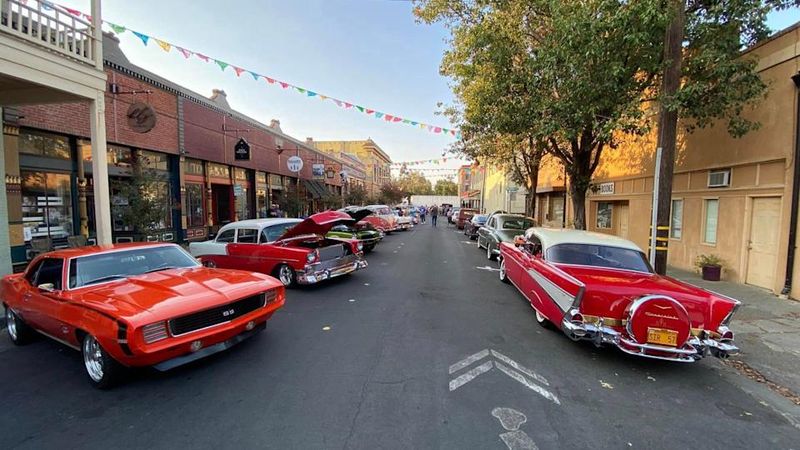
California’s proposed Zero Emission Zones have stirred apprehension among classic car collectors. These zones, targeting pre-1978 models, threaten to limit where these vintage vehicles can roam.
While not yet enacted, the mere proposition has sparked debates about preserving automotive heritage versus environmental concerns. The dialogue continues as enthusiasts advocate for balanced solutions that honor both classic car culture and ecological progress.
5. Smog Exemptions Under Threat (California)
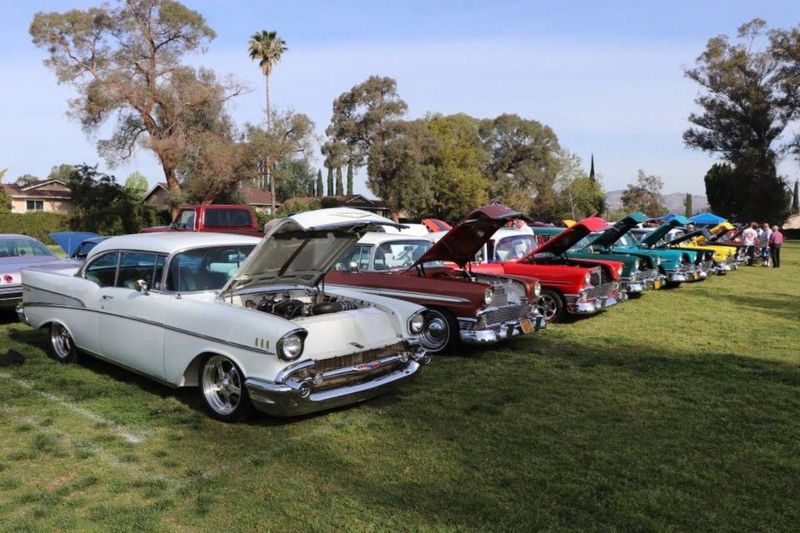
California’s smog exemption for cars from 1975 or older is under scrutiny. A new bill, known as “Leno’s Law,” seeks to extend these exemptions to all vehicles aged 35 years or older, simplifying compliance for owners.
This move has sparked discussions about the balance between environmental responsibility and preserving automotive history. The ongoing legislative efforts reflect California’s complex relationship with classic cars and emissions standards.
6. Kei Trucks (Mini Japanese Vehicles)
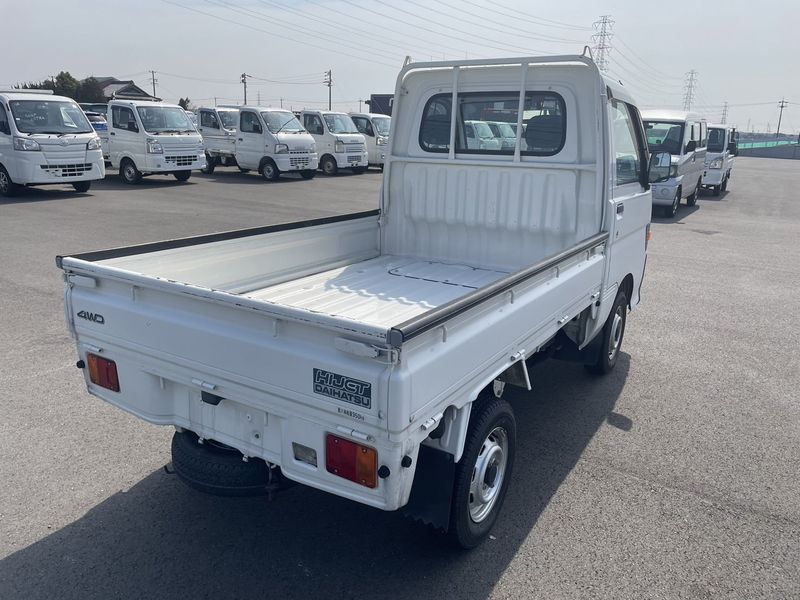
Kei trucks, those compact Japanese wonders, once faced bans in several U.S. states, including Georgia and New York. Concerns about their safety on American roads fueled these restrictions.
However, Texas recently took a bold step, legalizing these miniature vehicles for public roads, provided they are at least 25 years old and meet vintage import regulations. This change has opened up new avenues for Kei truck enthusiasts, marking a significant shift in how these vehicles are perceived and regulated.

